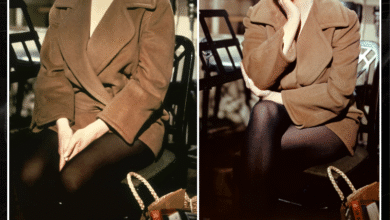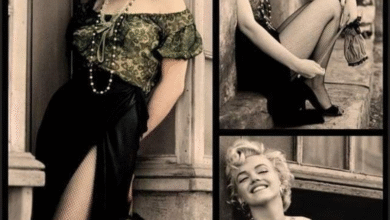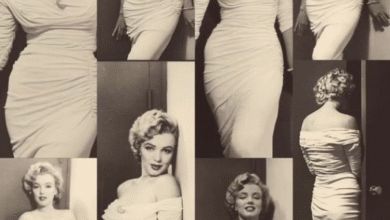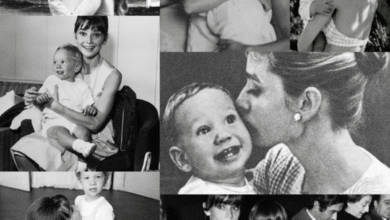Daenerys’ Wisdom: Emilia Clarke Shares Unspoken Lessons About Love and Self-Identity
OPINION: This article may contain commentary which reflects the author's opinion.
Emilia Clarke, the beloved actress best known for her iconic role as Daenerys Targaryen in Game of Thrones, has captivated audiences not only with her acting but also with her charm, wit, and thoughtful perspectives on life. While Clarke has spoken extensively about her career, personal advocacy, and creative projects, her views on love remain somewhat more private. However, through her interviews, comments, and portrayal of strong, independent characters, Clarke has indirectly offered insights into what she values in relationships and how she approaches love.
Background: A Public Persona of Strength and Independence
Emilia Clarke’s rise to fame was meteoric, with her portrayal of Daenerys Targaryen—a character who embodies strength, leadership, and resilience—capturing the hearts of millions. But beyond the fantasy world of Westeros, Clarke has become a role model for many, particularly women. Her career includes notable films such as Me Before You and Solo: A Star Wars Story, but her advocacy for women’s rights and empowerment often takes center stage in her public statements.
Clarke has often used her platform to champion the importance of female independence. For instance, she has repeatedly spoken about how much she admires her Game of Thrones character Daenerys for being a symbol of strength and self-sufficiency. “One of the many things I love about Daenerys is she’s given me an opportunity to fly the flag for young girls and women, to be more than just somebody’s wife and somebody’s girlfriend,” Clarke said in a 2016 Glamour Magazine interview. This quote suggests that Clarke sees love not as something that should define a woman’s entire existence but as a part of a broader, empowering journey that includes personal growth and independence.
Indirect Insights on Love and Relationships
While Clarke has not directly discussed many lessons learned about love, her remarks often highlight the values she holds in relationships. The actress has addressed the societal pressures placed on women, particularly in public life. In an interview with NPR, Clarke shared a memorable moment when she was told to “crack a smile, love,” pointing to the often contradictory and shallow expectations placed on women in the spotlight. This comment indirectly reflects Clarke’s awareness of the complexity of love and relationships in the public eye, and how societal expectations can complicate personal connections.
Additionally, Clarke’s public persona emphasizes a sense of self-worth that is independent of romantic relationships. Her advocacy for women’s rights, including being an outspoken supporter of women’s empowerment through both her professional work and charitable activities, suggests a broader philosophy on love: one that prioritizes self-discovery and autonomy over the traditional notion of being defined by a partner.
Relationship History and Media Coverage
Clarke’s dating history, which has been widely covered in the media, includes high-profile relationships with figures such as Seth MacFarlane, Jai Courtney, and Charlie McDowell. While many outlets have focused on the details of her relationships, including the challenges of navigating public scrutiny and unsolicited advice, Clarke herself has kept the deeper lessons of those experiences largely private.
In a 2019 interview, Clarke hinted at the difficulties of dealing with public perceptions during her relationship with Seth MacFarlane, saying that the unsolicited advice and attention she received were more about the challenges of fame rather than offering specific insights on love itself. Despite the ongoing media coverage of her personal life, Clarke seems to maintain a private stance on her reflections about romantic relationships, preferring to focus on her work and advocacy.
Conclusion: Love and Empowerment Go Hand in Hand
Emilia Clarke’s thoughts on love, though not explicitly detailed, can be inferred through her public statements, her advocacy for women’s rights, and her portrayal of empowering characters. Her work, both on-screen and off, suggests that love should complement, not overshadow, personal growth and self-identity. For Clarke, the most important lesson appears to be that love should be part of a fuller, more empowered life rather than a defining force.
While Clarke may keep her personal insights on love close to her heart, it is clear that her commitment to independence, self-empowerment, and self-worth informs how she views relationships. Love, in Clarke’s eyes, is a force for connection, but it does not define or limit one’s identity. For the many fans who admire her both on and off the screen, this perspective is a powerful reminder of the importance of self-love and independence in every relationship.



